Officials at Indonesia’s National Disaster Mitigation Agency (BNPB) are calling on the Bali provincial government to pay close attention to the island’s rivers. The swelling rivers that transect the Island of the Gods are showing signs of increased risk of flash flooding.
These kinds of natural disasters could prove devastating, even fatal. In light of recent flash floods, landslides, and other weather-related catastrophes in Bali, the BNPB is calling for urgent.
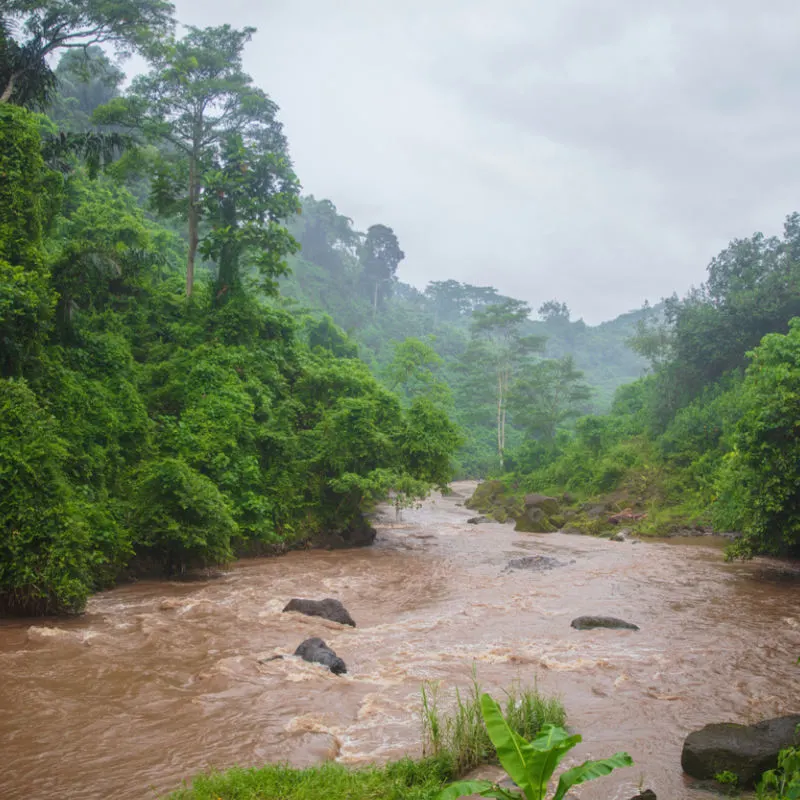
The Acting Head of BNPB’s Disaster Data, Information, and Communication Center, Abdul Buhari, had told the national news agency, Antara, that rivers across Bali should be assessed from source to mouth to ensure debris build-up from recent heavy rains is not blocking the flow of waters.
Muhari explained ‘When the water debit of the river is low, these [debirs] will not become a threat. However, when it rains with very high intensity, then they [the debris] will become natural dams for the water’. The debris in question is everything from fallen trees and logs, to plastic waste and leaf litter.
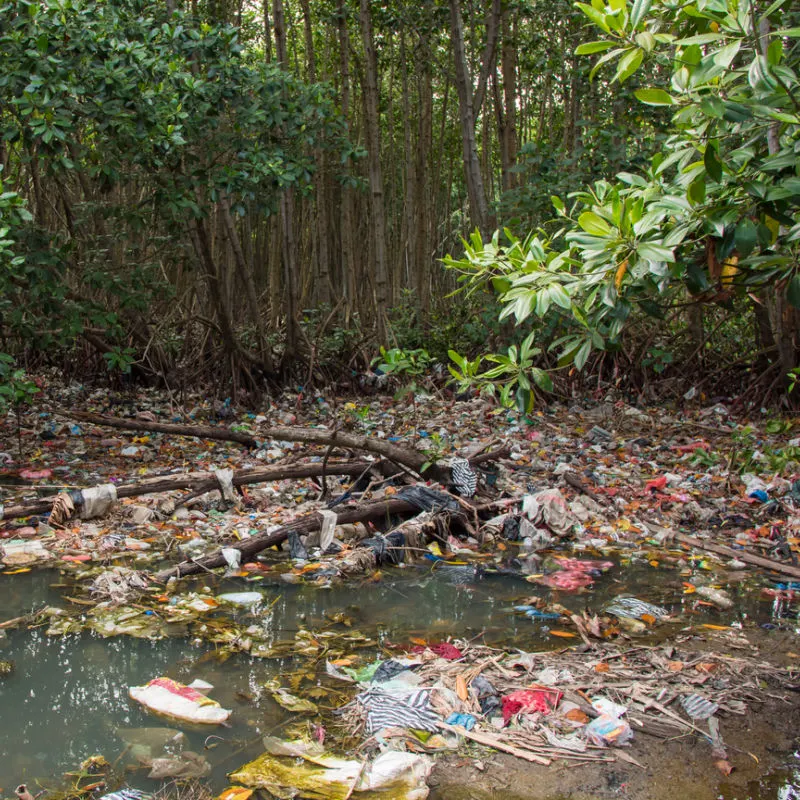
Muhari continued to probe the local government about what they currently knew of the situation in the field. He said, ‘Are there any blockages? Are there fallen trees that may have the potential to become natural dams when the water discharge is very high? These should be our concern’. He noted that, especially with the upcoming G20 Summit, the risk of flash flooding across Bali should be considered with extra urgency.
The BNPB is also calling on managers and operations teams at Bali’s tourist destinations, as well as local community leaders, to go and investigate the rivers close to their homes and businesses for themselves. He suggested that every time there is a downfall, when it is safe to do so, to gauge the height and velocity of the water.
Top 5 Travel Insurance Plans For 2023 Starting At $10 Per Week
Easily Earn Points For Free Travel
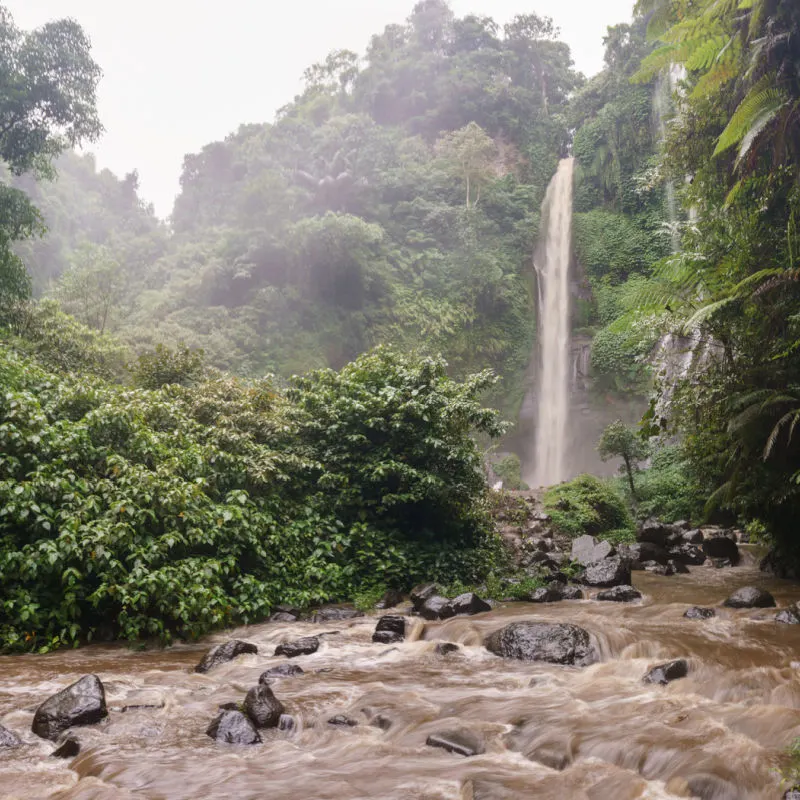
Muhari stated with confidence that Bali’s provincial government must remain vigilant throughout the monsoon season, which usually continues from early November to late March. The monsoon rains have notably arrived earlier than usual this year and with much greater severity.
He said that hydrometeorological disasters during this rainy season are of serious concern since the water buffering and water catchment areas across the island have been reduced.
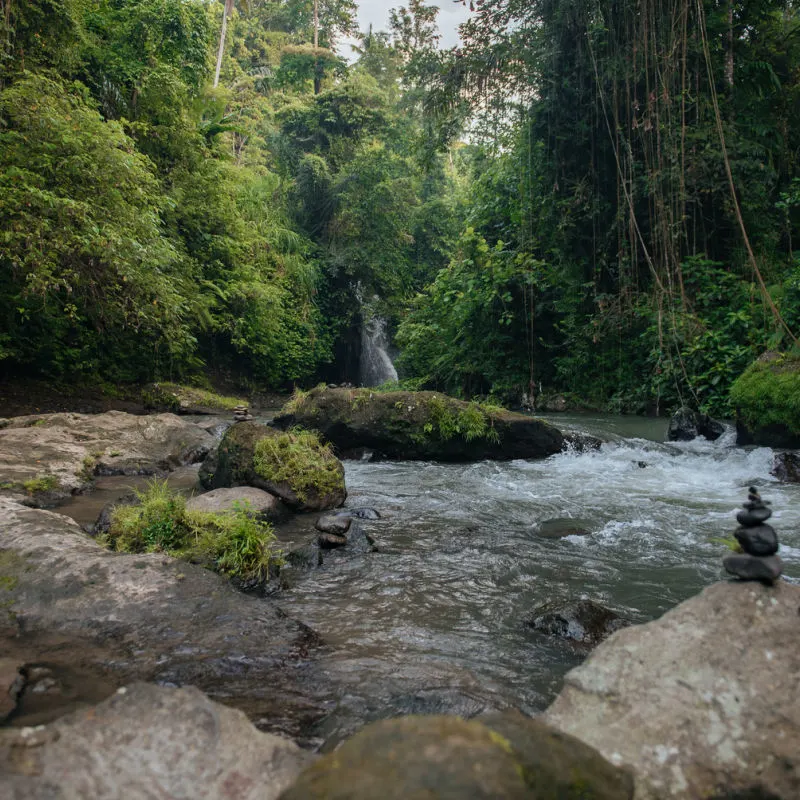
This is an observation echoed by The Indonesian Forum for the Environment of Bali Province (WALHI). Last week, the organization released new data suggesting that the rapid development of agricultural land (namely rice paddies) into tourist and infrastructure developments directly impacted the increasing number of natural disasters on the island. The Director of WALHI Bali, Made Krisna Dinata shared the data with WALHI members and the press at a meeting on the 18th of October.

Dinata explained ‘The natural disasters that hit Bali are caused by the domino effect of climate change due to the increase in the earth’s surface temperature. Then welcome the conversion of land functions due to massive infrastructure development in Bali’. The research showed that in the space of four years, Bali lost over 34 million tonnes worth of water-carrying capacity in the research area alone.
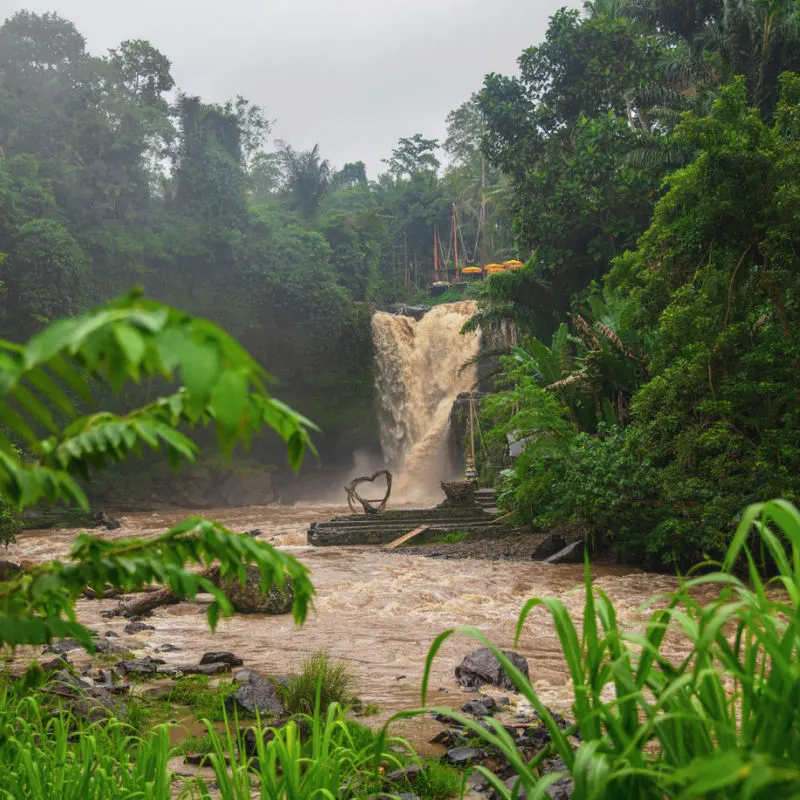
Tourism development in areas like Canggu and the villages around Ubud has drastically reduced the island’s agricultural land and natural water management system. What’s more, the construction of the Gilimanuk Mengwi Toll Road is set to remove even more vital landscapes that could lead to further natural disasters.
Despite recent flash flooding events across Bali, the worst being in Jembrana Regency, communities, businesses, and even tourists are rallying together to get the cleanup operation underway. Hotels, guest houses, and tourism businesses have conducted beach clean-ups in the Canggu and Sanur areas.
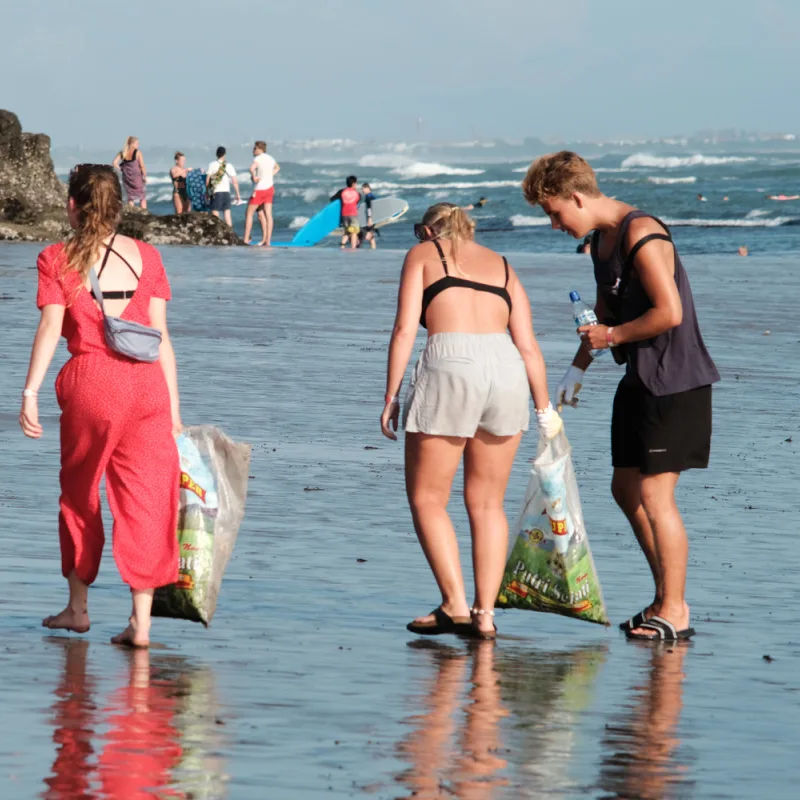
Bali’s newest beach club venue, Atlas Beach Club, was vocal about its support for communities in West Bali impacted by flash flooding and devastations on the 15th and 16th of October. Outreach teams donated food parcels that included over 950 kg of rice, 145 boxes of instant noodles, and 2,544 boxes of implants, along with 1,200 cans of sardines, to communities in need. Other high-profile and smaller businesses across Bali are sending their support to those in need behind the scenes too.
Remove All Ads & Unlock All Articles… Sign up for The Bali Sun Premium

Plan Your Bali Holiday:
Book The Best English Speaking Drivers For Airport Transfers & Tours
Choose From Thousands of Bali Hotels, Resorts, and Hostels with Free Cancellation On Most Properties
Book Cheap Flights To Bali
Don’t Forget Travel Insurance That Covers Medical Expenses In Bali
For the latest Bali News & Debate Join our Facebook Community
SUBSCRIBE TO NEW POSTS
Enter your email address to subscribe to The Bali Sun’s latest breaking news, straight to your inbox.

Firechef
Thursday 27th of October 2022
Bali is always closing the gate After the horses escaped. How about cleaning up the rivers Before the floods? Wouldn't that make more sense? Also, how about educating the people upriver not to throw their garbage into the river. An ounce of prevention is worth more than a pound of the cure as the old saying goes.